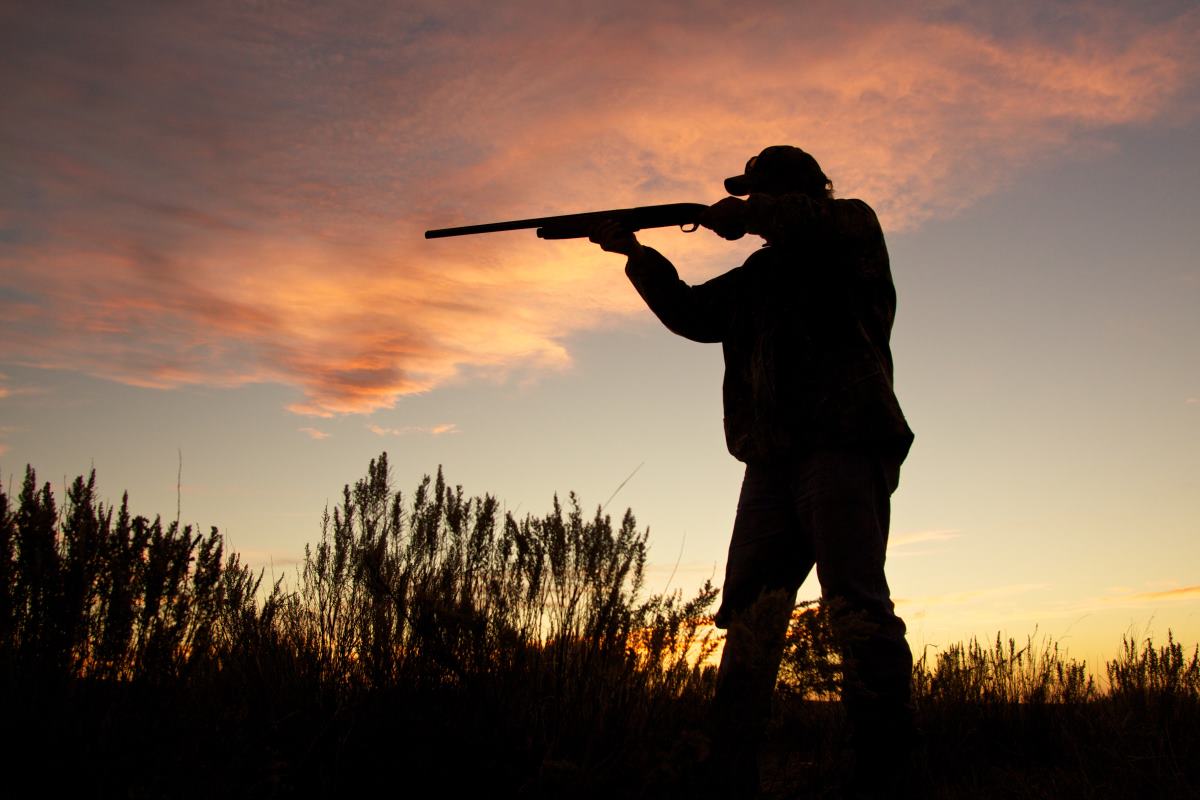THE OPERATION HAS BEEN COMPLETED IN THE RECENT DAYS “TRINACRIA 2024”AN IMPORTANT INITIATIVE AIMED AT FIGHTING POACHING IN THE MOUNTAIN TERRITORY OF AGRIGENTINO, IN SICILY. THIS INTERVENTION, WHICH TOOK PLACE DURING THE PRE-OPENING OF THE HUNTING SEASON, HIGHLIGHTED HOW THE PHENOMENON ON THE ISLAND, AGGRAVATED BY THE EARLY OPENING OF THE HUNTING SEASON, IS NOW OUT OF CONTROL
Context of the Trinacria operation
In recent years, the Sicily has recorded a worrying increase in poachinga phenomenon that has put local wildlife to the test. To further aggravate the situation, the early opening of the hunting seasonwhich took place on 1 September 2024, one month earlier than the date recommended byHigher Institute for Environmental Protection and Research (ISPRA).
Wild species, already subjected to environmental stress such as habitat fragmentation and the climate changeare now exposed to a further threat that could lead to a significant reduction in local biodiversity.
Many animals, particularly during the reproduction and growth phase, need periods of tranquility to ensure the survival of their offspring and the maintenance of populations. Early hunting interrupts these delicate biological cycles.
But which animals are most at risk?
Already vulnerable or protected species threatened by poaching and the early reopening of hunting
Among the vulnerable birds, we find the honey buzzard, a migratory bird of prey that crosses Sicily in autumn and which suffers pressure from illegal hunting, aggravated by the reduction of its natural habitat. The same goes for the red kite, the lesser kestrel (a small falcon protected at European level), the song thrush, one of the most hunted birds, the snipe and the lapwing (two aquatic birds).
As for mammals, wild boar is one of the most affected animals, with an increase in illegal hunting compromising its sustainable management. Even species such as the Italian hare, endemic to southern Italy and Sicily, are threatened not only by illegal hunting but also by habitat loss.
This mammal, already in difficulty due to competition with other introduced species and the fragmentation of its environment, is increasingly exposed to the risks deriving from out-of-control hunting.
But let’s get to the Trinacria operation.
Conduct and results of the operation
In response to the growing concern for wildlife management in Sicilyparticularly in the mountainous areas of Agrigento, the operation was launched “Trinacria 2024“, coordinated by the Anti-Poaching Operational Section of CITES grouping of the Carabinieri of Rome, in collaboration with the Natura Carabinieri Anti-crime Center of Agrigento and the Cammarata Company.
The intervention took place during the pre-opening of the hunting season, a critical period which saw an increase in illicit activities related to hunting.
During the operation, the police carried out intense control activities in the area, identifying thirteen people involved in illegal practices, such as the use of prohibited means for hunting and illegal carrying of weapons. In total, eight rifles were seized and the carcasses of two illegally killed wild boars were recovered.
The WWF expressed strong appreciation for the work of the police forces and the anti-poaching unit of the Forestry Carabinieri, while underlining the need for more incisive measures.
Second Ennio Bonfantifauna reference WWF Siciliathe situation is out of control: «If only in the first days of pre-opening of the hunt, and in a’limited area, we have seen such a large number of violations, we can imagine what happens on a larger scale.”
Cultural and economic roots of the phenomenon
Hunting has been an integral part of Sicilian rural life since the past, as it represented a source of subsistence for many families. However, today, this cultural heritage has evolved into a largely illegal practice.
One of the main problems is the lack of supervision: with few resources allocated to the control of the territory, vast and complex like that of Sicily, illicit activities spread without there being effective sanctions to counter them. This has meant that the approximately 25 thousand hunters present on the island often operate with a sense of impunity, aware of the low probability of being identified by the competent authorities.
The economic component also plays a decisive role. Illegal hunting responds to a demand for valuable meat, often destined for the black market, and for “trophies” which lead poachers to break legal limits.
Specimens of protected species, such as boar and some species of migratory birdsare particularly coveted. Which makes poaching a lucrative business.
Lack of environmental awareness
Another significant factor is the lack of environmental awareness. Despite efforts to educate the population about the importance of biodiversity and the protection of natural habitats, many people see illegal hunting as a local tradition that prevails over state-imposed regulations. In many rural areas, poaching is still seen as a sort of defiance of the rules, a claim for autonomy with respect to laws imposed from above.
Finally, the phenomenon is favored by social and sometimes criminal dynamics, which make control of the territory even more difficult. What to do?
The WWF appeal
The WWF has launched an urgent appeal to the regional councilor for agriculture of Sicily, Salvatore Barbagallowith the aim of immediately stopping the pre-opening of the hunting season. Sicily, being along the bird routes that cross the Mediterranean, represents a critical point for biodiversity.
Opening hunting during this period increases the risk that these animals will be killed illegally or in an unregulated way, turning the region into a “open-air slaughterhouse“.
The association also calls for a strengthening of surveillance activities and the introduction of harsher sanctions for violators. This includes the implementation of more effective monitoring tools, an increase in resources allocated to local law enforcement agencies and an awareness campaign for hunters and the general population on the need to protect the ecosystem.
Finally, the WWF reiterated that a sustainable wildlife management it is only possible if preventive measures coordinated between local institutions, environmental organizations and the police are adopted, to balance hunting activity with the protection of the most vulnerable species.

